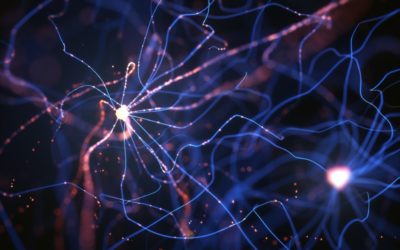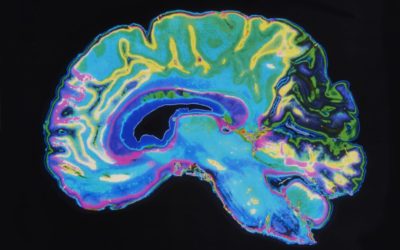Quick Hits
Daily brief research updates from the cognitive sciences

Yes, you yoga practitioners knew you were special and here is the science to prove it!
In this older study I came across (2018) participants were recruited to see how they dealt with stress. 19 were yoga practitioners (taking part in 1-3 30- to 60-minute sessions per week) and 12 were from the general public who didn’t participate in yoga but were physically active. They were then given various questions and then they had their brains scanned. During scanning they were given various emotion-eliciting stimuli and tasks. These were video clips and were selected to elicit certain types of emotions e.g. anger, or conversely, happiness.
What was interesting is that the researchers found that yoga practitioners had a unique brain activation pattern activating two brain regions known as the superior parietal lobule and the supramarginal gyrus during emotional regulation. This suggest that something about yoga changes brain activation patterns. As the researchers note:
“… yoga experience may allow individuals to: (1) regulate the emotion generation process through greater flexibility, acceptance and non-attachment to the self when observing or experiencing emotions; and (2) be more empathic when presented with an emotional situation, by attending to the emotions of other individuals”
Now that is a sales message for yoga!

Andy Habermacher
Andy is author of leading brains Review, Neuroleadership, and multiple other books. He has been intensively involved in writing and research into neuroleadership and is considered one of Europe’s leading experts. He is also a well-known public speaker speaking on the brain and human behaviour.
Andy is also a masters athlete (middle distance running) and competes regularly at international competitions (and holds a few national records in his age category).
Reference
Wadden, K. P., Snow, N. J., Sande, P., Slawson, S., Waller, T., and Boyd, L. A. (2018).
Yoga practitioners uniquely activate the superior parietal lobule and supramarginal gyrus during emotion regulation.
Front. Integr. Neurosci. 12.
doi:10.3389/fnint.2018.00060.
More Quick Hits
Why Too Much Talent May Harm Performance
This may sound like a strange thing to say – but talent and team coordination are different things…
How Nutrition Can Increase Motivation – In the Brain
Fascinating study on how antioxidants (and therefore also nutrition) in the brain can increase motivation…
Mindfulness Intervention as Effective as Drugs in Anxiety Disorders
An important study showing how mindfulness is as effective as medication – without the side effects…
New Insights into How the Teenage Brain Develops
Teenagers’ brains go through substantial changes – and now we know more of some of these…
Screen Time Boosts Wellbeing in Teenagers!
Screen time is considered a modern technological evil – maybe not so for teenagers…
Taking Photographs of Slides Improves Memory of Presentations
Taking pictures has been shown to reduce memory – but this study shows the opposite…






